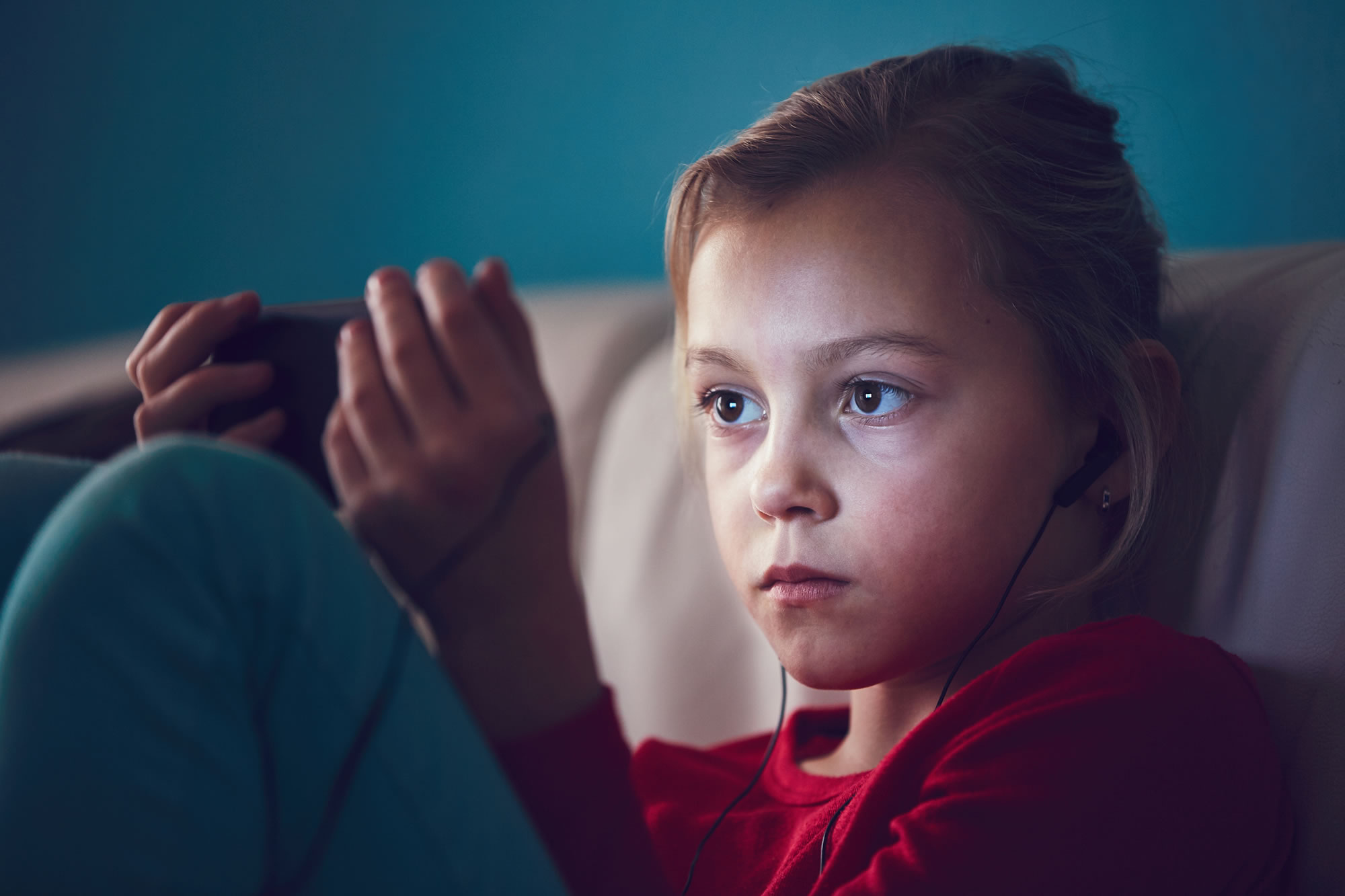In the age of social media, it can be hard to limit screen time. For children, this can be especially harmful, leading to problems like poor sleep habits and decreased attention span. In response to this growing problem, many states have started to pass laws that protect kids from the addictive powers of social media. For example, Minnesota has outlawed the use of child-targeted recommendation algorithms on platforms like YouTube. California has proposed a plan that would let parents sue social media corporations for causing their children’s addictions. And in the US Senate, a comprehensive measure called the Kids Online Safety Act has been introduced that would mandate social media firms to provide tools that allow parents to monitor screen usage or disable attention-grabbers like autoplay. These initiatives are designed to help reduce the harmful effects of social media on kids and help them lead healthier lives.
Parents, academics, and policymakers have been concerned for years about how social media affects kids and teenagers negatively.
Supporters of the proposed regulation have compared the risks of cigarettes to the harms done to children’s mental health by Big Tech. According to Jordan Cunningham, a member of the California Assembly who is leading AB 2408 alongside Assemblywoman Buffy Wicks, “we’re at a place with social media companies and teenagers that is not unlike where we were with tobacco companies, where they were marketing products to kids and not being straightforward with the public.” If their child is injured by a social media addiction, the measure would empower parents to sue services like Instagram, TikTok, and Snap. Social media businesses are not financially motivated to limit children’s scrolling, and Cunningham claims that “public humiliation only takes you so far.”
However, unlike the physical harm caused by cigarettes, the precise link between social media usage and children’s mental health is still up for debate. One well-known research suggested “excessive digital media usage” as a contributing factor in the rise of teenage despair, self-harm, and suicide in the US since 2012. However, several studies have shown that using social media often does not pose a significant risk for depression. Even the internal records made public by Haugen defy straightforward interpretation: Only 40 teenagers made up the study’s sample, and more than half of them said that Instagram also helped them combat feelings of loneliness. It might be challenging to distinguish between various psychological impairments in a child’s life and the negative effects of social media on mental health.







